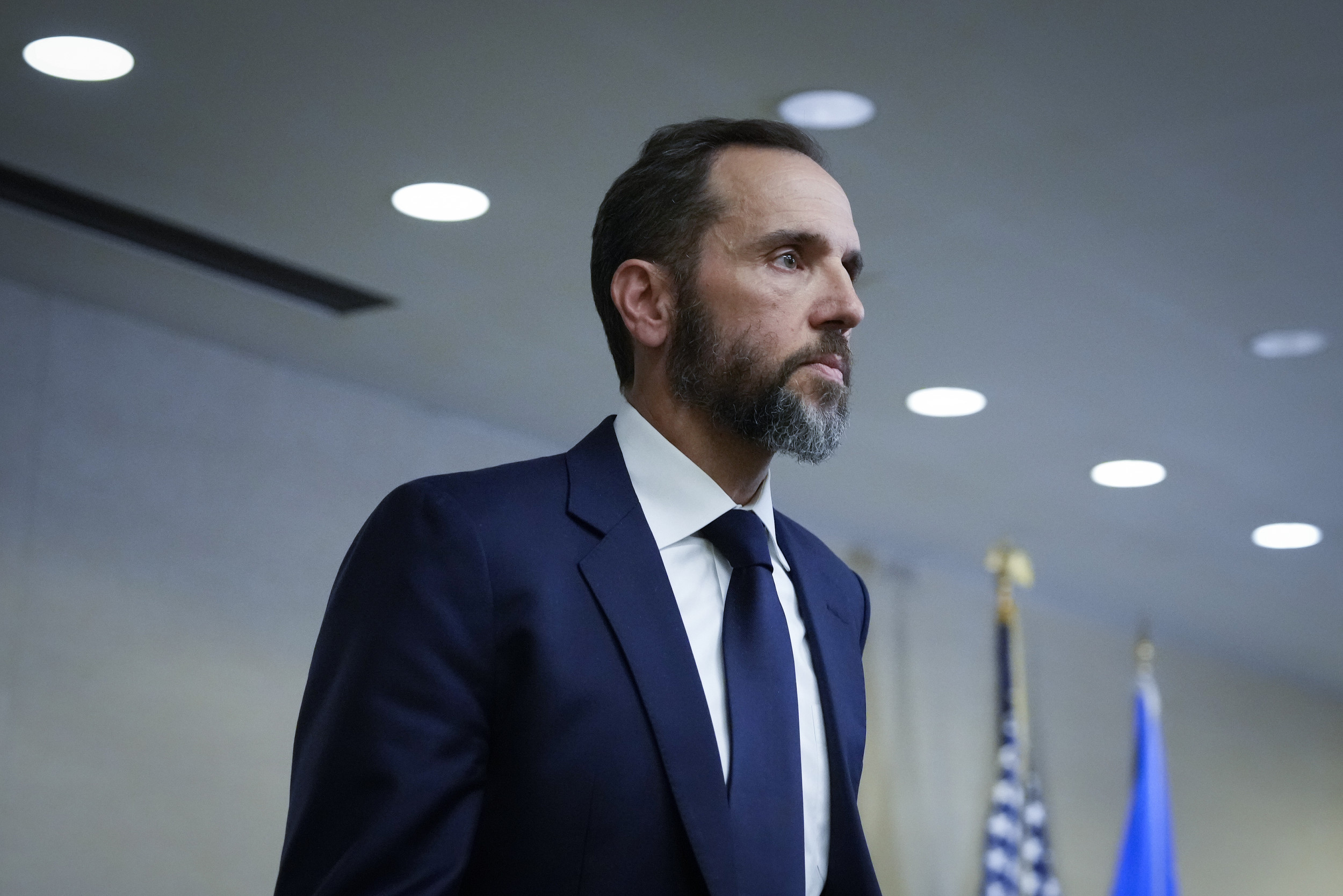A new map shows the breakdown of babies born in all 50 states last year as the U.S. reaches a historically low rate of births.
Fewer babies—around 3.6 million—were born to parents in the U.S. in 2023 than in any year since 1979. The total fertility rate fell to 1.62 births per woman in 2023, a 2 percent decline from 2022's 3.66 million, according to data released by the U.S. Centers for Disease Control and Prevention (CDC) in April.
The highest numbers of births were naturally reported in the most populous states: Texas, California, Florida and New York. California recorded 399,368 new babies in 2023, outpacing Texas' 387,636. The state with the lowest number of births was Vermont, with just 5,068 children brought into the world, followed by Wyoming with 5,987.
The low number of births in 2023 reflects a near-consistent trend over the previous decade. Last year marked the second consecutive year of decreasing birth rates, followed by a brief 1 percent rise from 2020 to 2021. Before this, from 2014 to 2020, the rate consistently reduced by 2 percent annually.
Read more: Compare Top Health Savings Accounts
Why have birth rates dropped?
Sociologist Dr. Marika Lindholm, founder of Empowering Solo Moms Everywhere (ESME), told Newsweek that a variety of factors—the economy, education levels, climate change, and societal issues—are influencing the American population's decision to procreate.
"As women succeed in higher education and contend with the pressures of the labor market, having a large family is increasingly undesirable. Lack of affordable childcare, expectations around extracurricular activities, and education are just part of the equation that makes raising a child demanding and expensive," she said.
Lindholm also explained that "global issues" are making the prospect of "bringing a child into this world unappealing."
"One might say that every generation faces hard challenges but never before has the response been not to bring children into the world," she continued. "The reality of climate change, the pandemic, gun violence, drug addiction, and political divisiveness are all part of an onslaught of mental health challenges that make fewer people inclined to raise a child."
Read more: What Is a Health Savings Account?
Recent polling conducted exclusively for Newsweek by Redfield & Wilton Strategies found that almost half of all young Americans are not inclined to have a baby—not now nor in the future. Surveying 1,500 eligible U.S. voters on May 1, the poll found that 48 percent of 18- to 24-year-olds and 61 percent of 25- to 34-year-olds—the years during which women are considered medically prime for childbearing—who do not have any children already do not plan on having any at all.
The poll also found that the decrease in birth rates isn't a major concern for many Americans, with 42 percent saying they are "not at all concerned" over falling birthrates.

Uncommon Knowledge
Newsweek is committed to challenging conventional wisdom and finding connections in the search for common ground.
Newsweek is committed to challenging conventional wisdom and finding connections in the search for common ground.
About the writer
Aliss Higham is a Newsweek reporter based in Glasgow, Scotland. Her focus is reporting on issues across the U.S., including ... Read more





